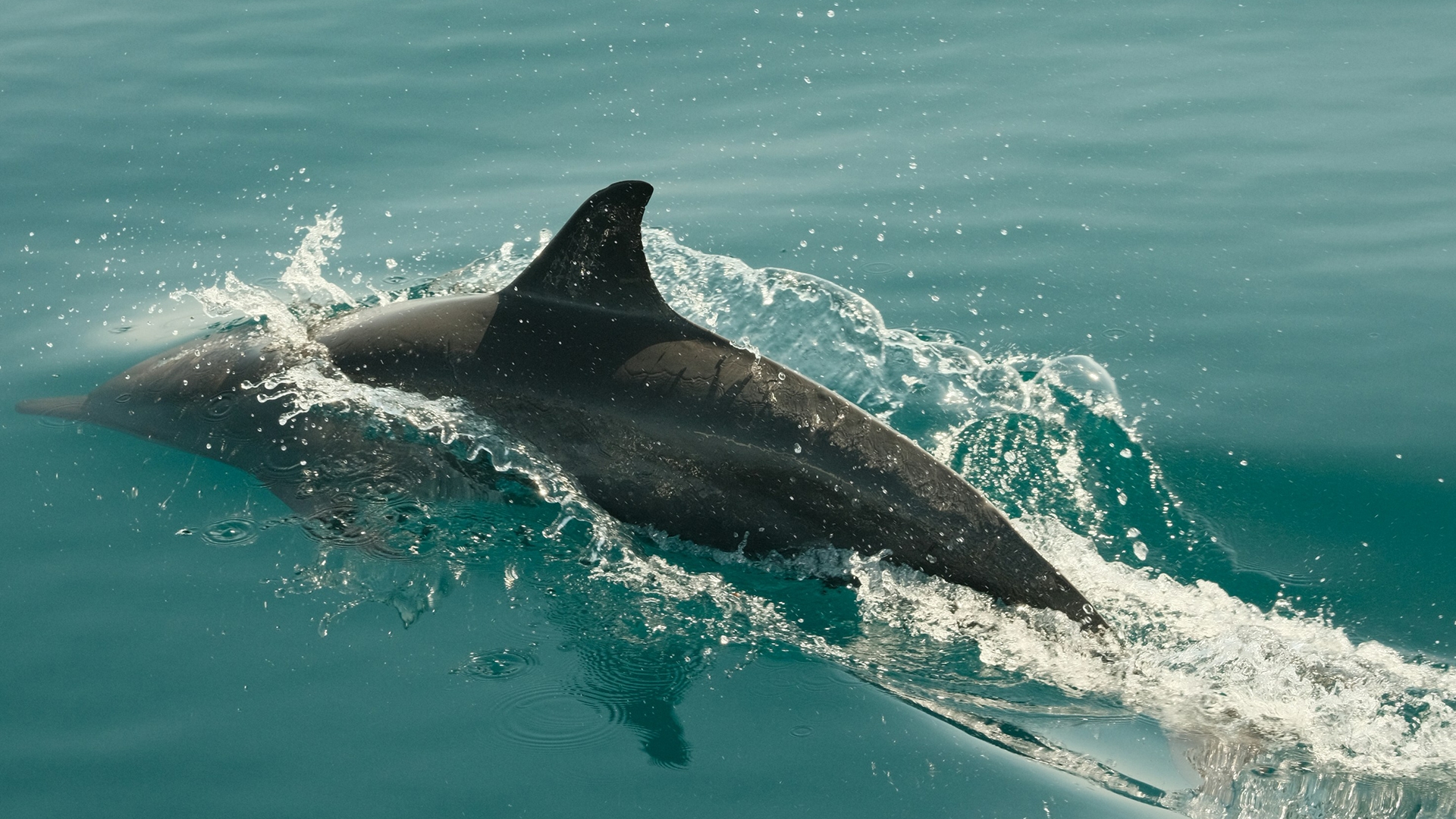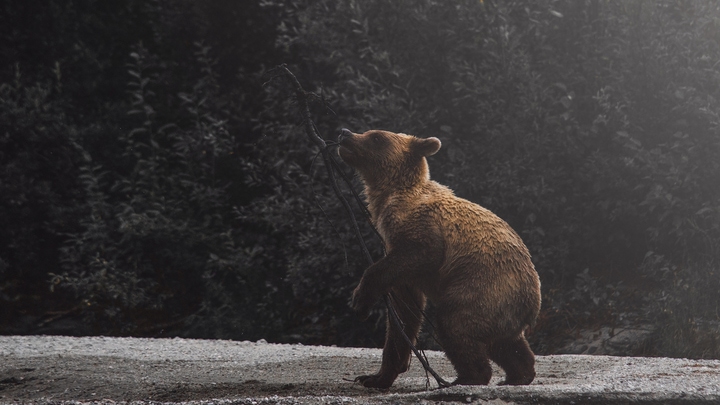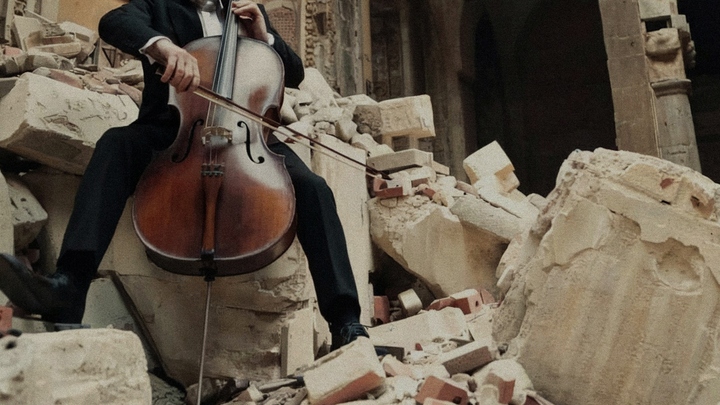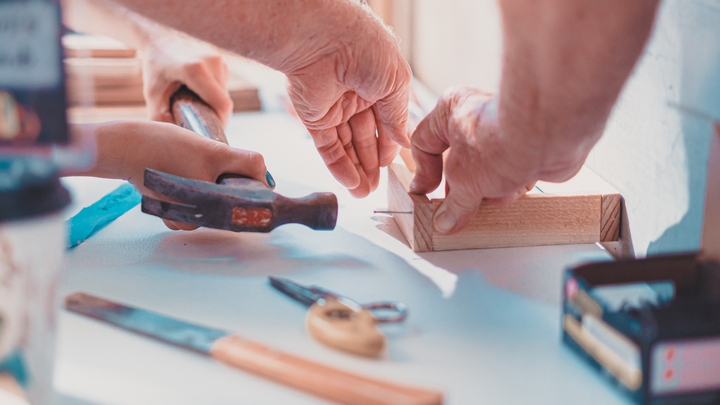
Photo by James Virtudazo on Unsplash
A Whale of a Story.
How Moko the dolphin led a disoriented mother whale and her calf through a treacherous channel and back out to sea.
By The Foundation for a Better Life
Dolphins have long been recognized for their good deeds in the ocean, often rescuing stranded sailors or playfully surfing the waves behind fishing boats. Many cultures view dolphins as symbols of good luck and protection. Ancient sailors believed that spotting a dolphin swimming alongside their ship was a sign of a smooth and safe voyage.
Today, dolphins continue to be celebrated for their intelligence, playful nature and remarkable ability to communicate and form strong emotional bonds with humans. What was only more recently observed was the way dolphins show their compassionate side to other species.
In 2008, Moko the dolphin had become a fixture off the coastline of Mahia Beach, New Zealand. The bottlenose dolphin often swam playfully with humans bobbing in the waves.
But one day, the beach was overcome with panic for two stranded pygmy sperm whales. The mother and calf and gotten disoriented in the tight cove and kept running aground on the sandbars that laced the waters just off the beach.
Rescue workers arrived, and for more than an hour, they worked to guide the whales to open water. But the distressed whales weren’t having it. They mistrusted the humans, and their defensive attitude made it impossible to help them.
“They kept getting disoriented and stranding again,” remembers Malcolm Smith of the New Zealand Conservation Department. “They obviously couldn’t find their way back past the sandbar to the sea.”
That’s when Moko showed up, darting in like a superhero. “Moko just came flying through the water and pushed between us and the whales,” says Juanita Symes, a volunteer rescuer. “She got them to head toward the hill, where the channel is. It was an amazing experience.”
Dolphins are still a bit of a mystery. They are more intelligent, more altruistic, than other animals. And now we know that they have this capacity to help other animals.
Moko sensed the whales’ distress. He came to the rescue and somehow calmed their fears, convincing them to trust him to lead them to safety.
It makes you wonder how powerful the emotion of trust is. The baby whale trusted its mother and followed her to the sandbar again and again. And finally, the mother trusted Moko.
How is it that Moko gained their trust so quickly? It must be that the whales had experienced just such an act of compassion before. Somewhere deep in the ocean, or in the shallows of a deserted beach, dolphins are being who they are: confidently guiding others to safety. It’s a lesson we can all be inspired by — becoming someone others can trust.
Be Trustworthy… PassItOn.com®
Copyright ©2025 The Foundation for a Better Life. All rights reserved. Available under a Creative Commons Attribution NonCommercial-NoDerivatives 4.0 License (international): https://creativecommons.org/licenses/by-nc-nd/4.0/
The Foundation for a Better Life, a 501(c)(3) non-profit organization, gives your newspaper permission to publish these stories in print and electronic media (excluding audio and video), provided the stories are published in their entirety, without modification and including the copyright notice. For any modification, permission must first be obtained from the Foundation by emailing media-relations@passiton.com. Thank you.
We add new stories each month. If you'd like to be notified when we publish new stories, enter your information below.




